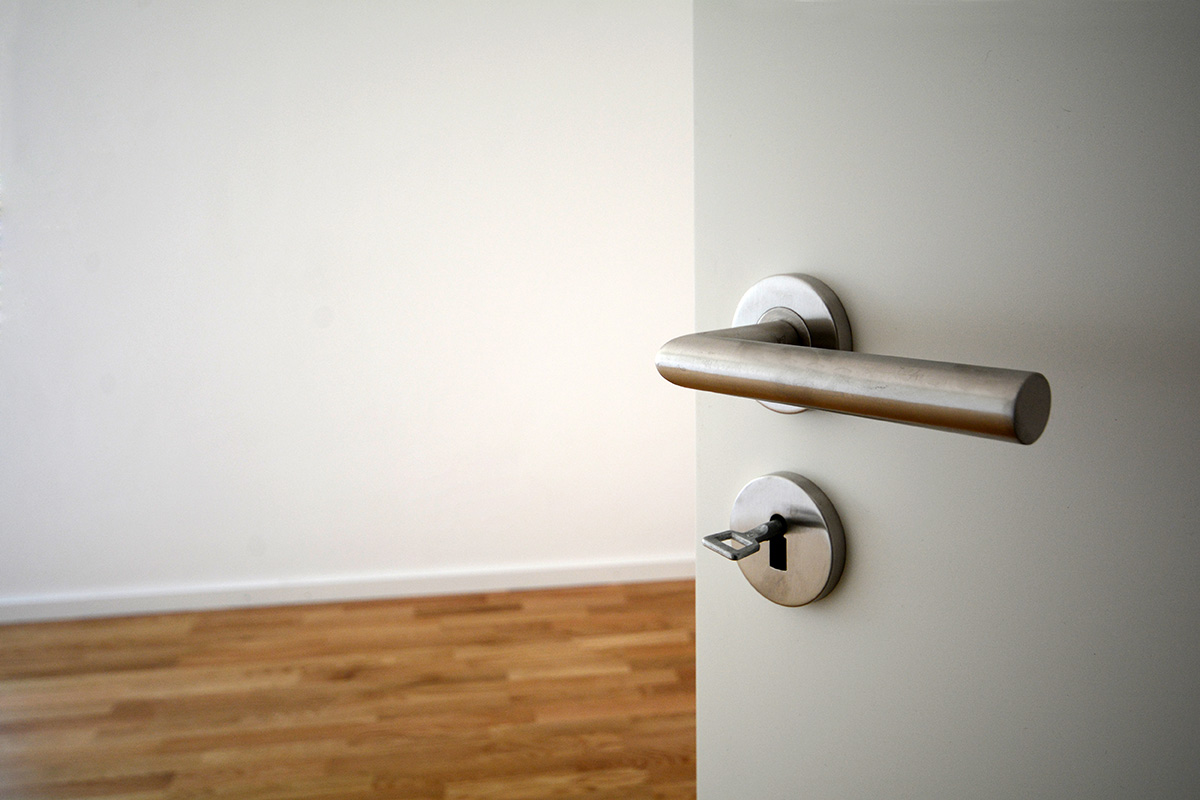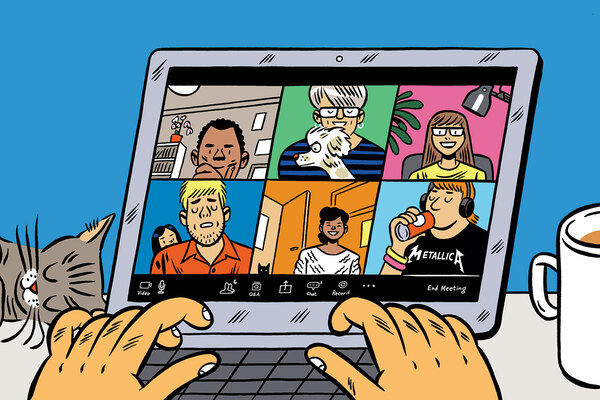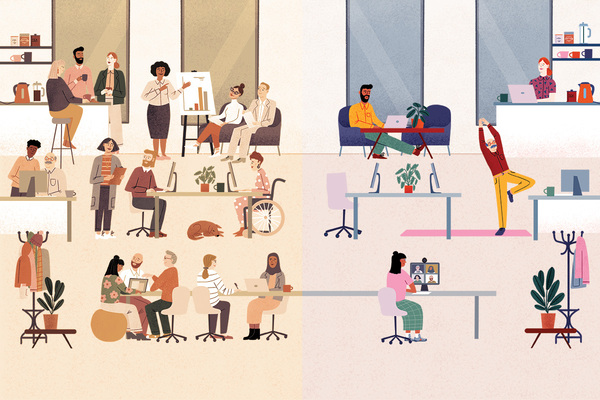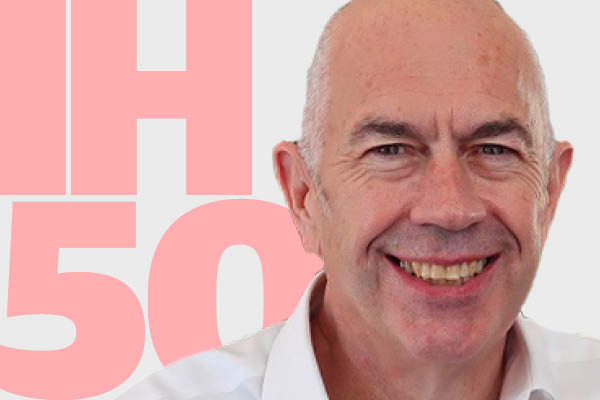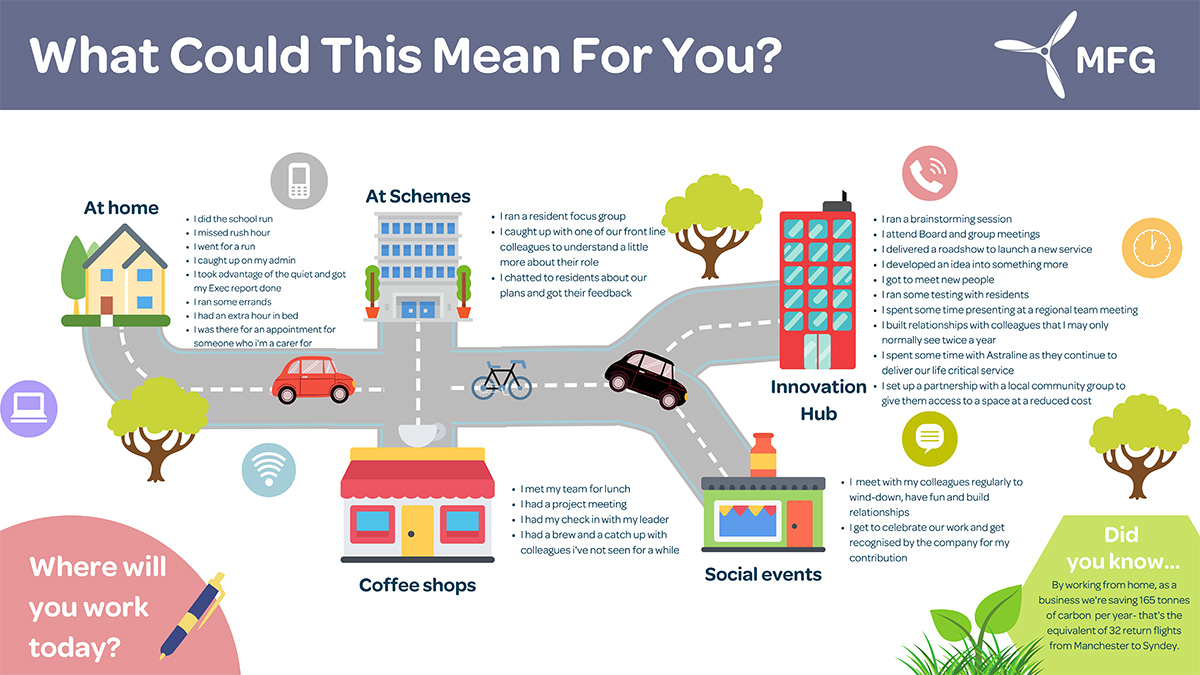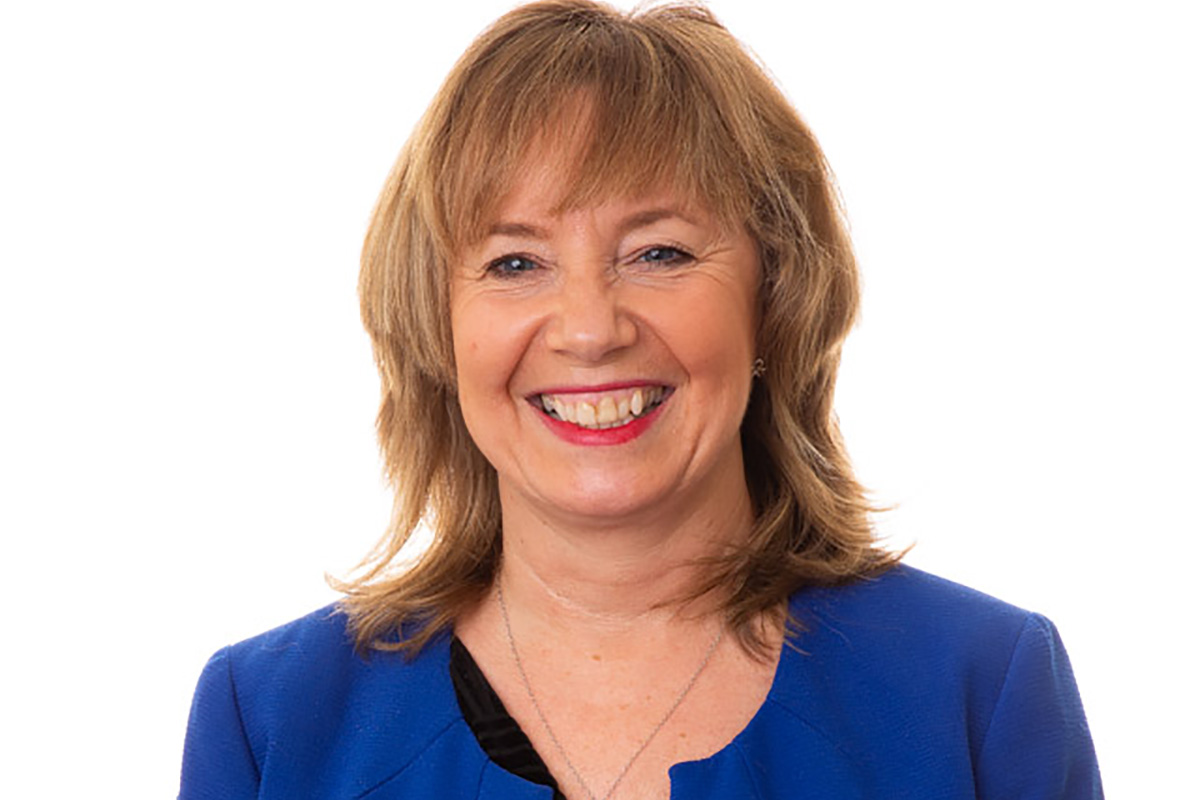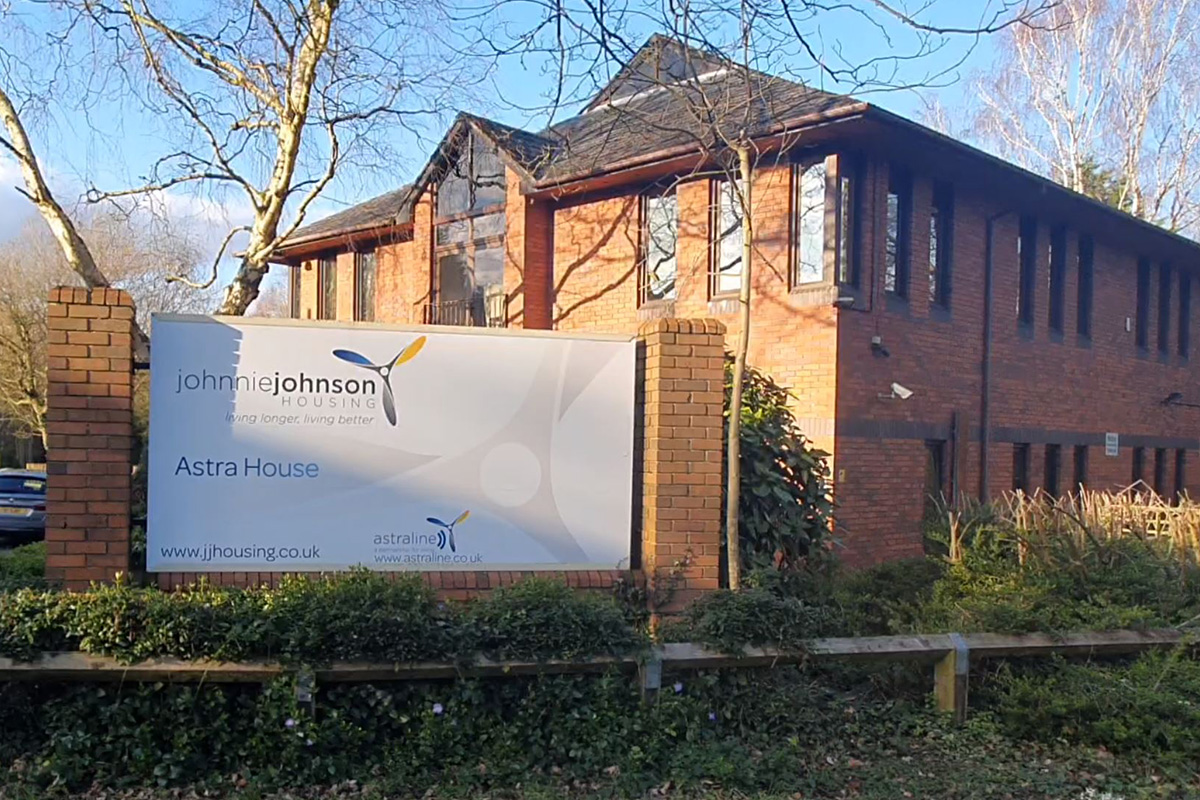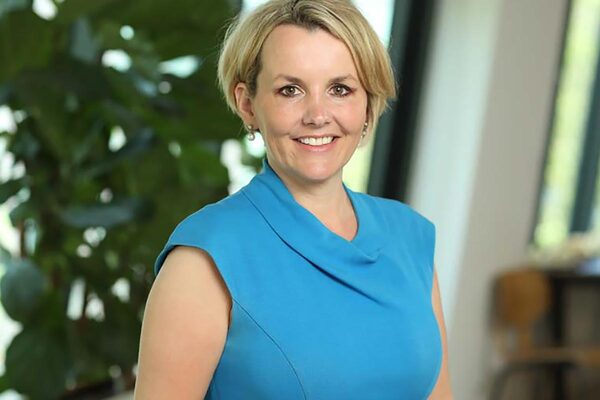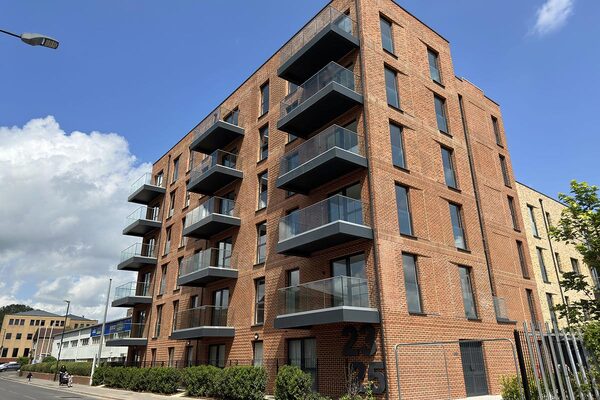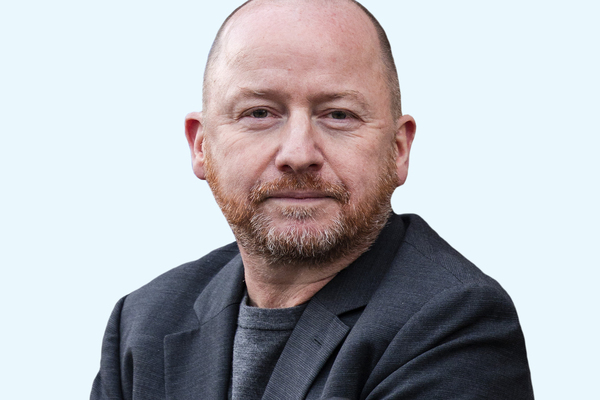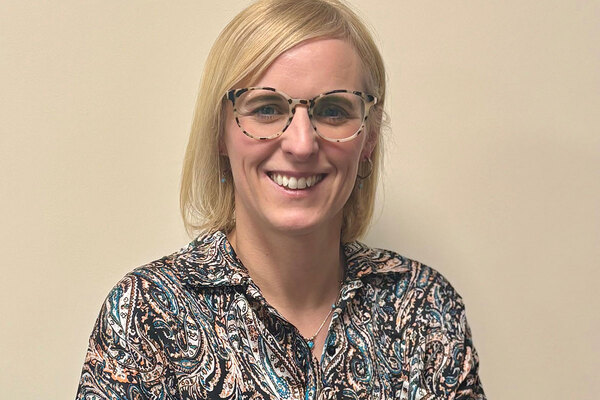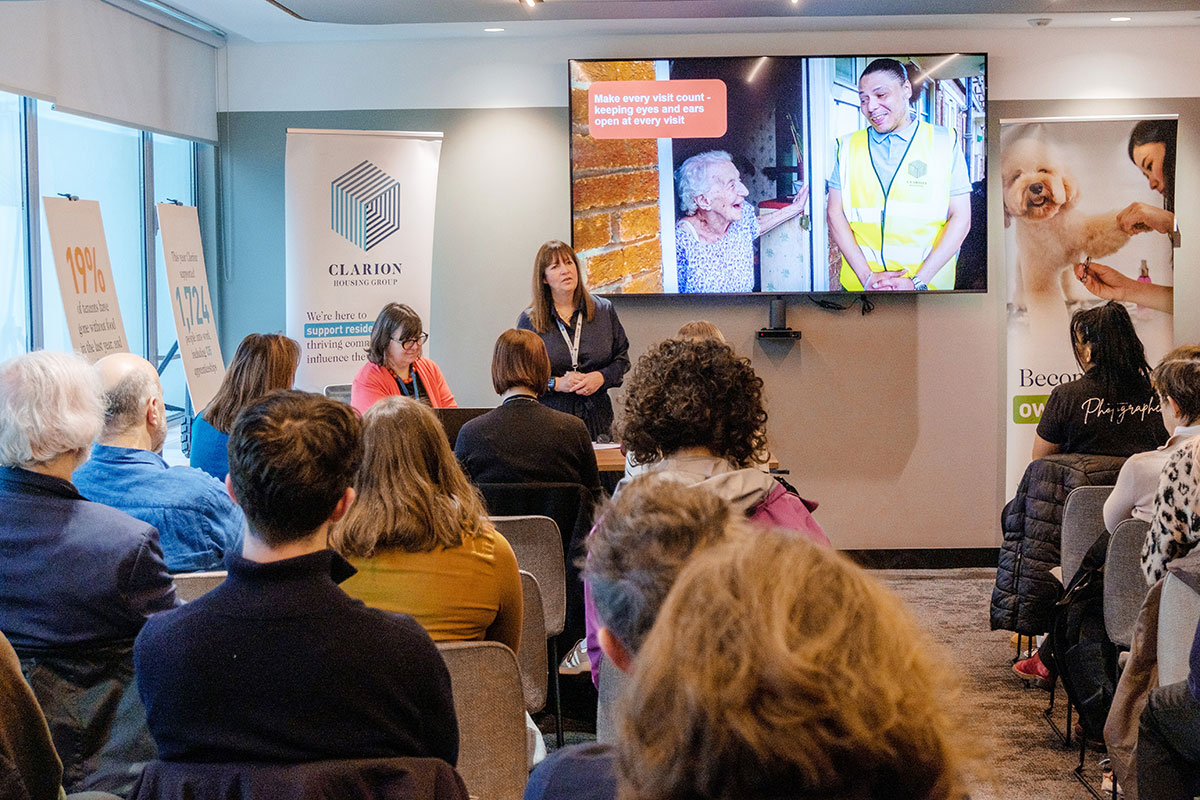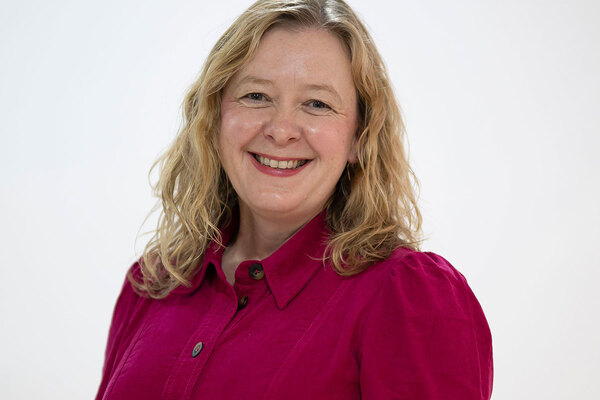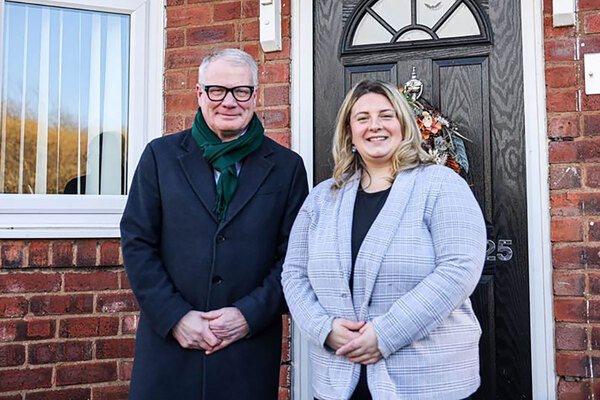You are viewing 1 of your 1 free articles
The housing association that is waving goodbye to the office
Johnnie Johnson Housing Trust is proposing to convert its head office into new housing and permanently overhaul the world of work for its staff. Martin Hilditch meets its chief executive to find out if this could be a vision of the future for the rest of the social housing sector
When staff left the headquarters of Johnnie Johnson Housing as the UK went into lockdown back in March, it is unlikely that many realised they would never return.
But the moment looks set to mark a huge turning point that will change the way the 4,956-home landlord operates forever. The head office in the leafy Cheshire town of Poynton could shut its doors for good, to be converted into 50 new homes. Staff will find themselves working in a radically different environment. This is no top-down edict based on the wild dreams of an executive team. Instead, the changes will be driven by employees who will, by and large, reshape their own working world.
To find out more about Johnnie Johnson’s innovative approach and the extent to which it might point to a new direction for the sector, Inside Housing met – via Teams – with its chief executive, Yvonne Castle.
When the association went into lockdown, Ms Castle said it initially looked to work out whether staff could work from home until the end of July. Crucially, though, it also surveyed them about their longer-term wishes. In terms of plotting a return to a more normal working world, it asked its staff how many days a week they would like to return to the office.
The responses were an eye-opener for anyone who thought a return to the pre-COVID status quo would top people’s wish list. Around 50% of staff said that ideally they would work in the office one day a week. The next highest percentage preferred a couple of days a week. Just 4% of staff said that they wanted to be office-based for four to five days a week.
The figures laid down a clear challenge for management. Surely they could not ignore such a clear indication of staff feelings? Acting on the findings, however, would involve the most radical permanent overhaul of working conditions in the organisation’s 50-year history.
For Ms Castle, it was a no-brainer that the housing association had to respond to the findings in a substantial way.
“One of the messages that is very clear to me is if you are going to ask people what they think, you have got to listen and act,” she says. “There is no point me saying ‘oh yes, we have surveyed everybody’ and then going ‘well, this is what I want and that is what I am doing’. That doesn’t work, does it? That is not what it is about. It is really important that you do ask, but that you are very clear that you have acted on what people have said.”
Ms Castle says that the findings did not surprise her, but that she thinks it is also important that the organisation has more than the headline figures to go on.
“We have dug deep under the figures,” she says. “Each of our leaders has had personal conversations with staff.”
Those conversations, in which the leadership team tried to get under the skin of what staff wanted from their working conditions, revealed that there were about 20 staff for whom working from home regularly would prove challenging. Quickly, the landlord hired extra office space on a business park, so night staff could have a secure operating environment to work from.
Quite apart from the staff survey response, though, Ms Castle believes there is another reason for the association to contemplate radical change. Any ambitious organisation looking to attract the best staff should be thinking very seriously about taking similar steps, she thinks.
Johnnie Johnson’s MyFutures advisory group, made up of staff, has drawn up a proposed approach for how the organisation will work
To test the water, Johnnie Johnson also carried out a survey on LinkedIn to see what people outside of the organisation valued in an employer (and what might attract them to work for Johnnie Johnson).
While this is by no means a scientific result, based on 50 responses, the survey was a further eye-opener for Ms Castle.
A total of 48% of people who responded rated “working from home and flexible hours” as their top priority. This was followed by the reputation of the organisation, at 30%, and then salary and benefits at 18%. Location and modern workspace took up the final slot, with 4% rating this most important.
Reacting to respondents giving flexible working the highest level of importance, Ms Castle says: “That’s fascinating, isn’t it? That really did surprise me.”
For an organisation like Johnnie Johnson, changing working practices becomes potentially hugely important, Ms Castle says.
Yvonne Castle, chief executive of Johnnie Johnson Housing
“One of the things that we are trying to work on, that this lifestyle approach is so important to, is JJ is a median payer,” she says. “We aren’t an organisation that can flash the cash on salaries. And what we work on is how do we attract, recruit and retain top-class [people], because that is what we want because we are ambitious. So how do we recruit outstanding people?”
All of which led inevitably to the conclusion that returning to the old operating environment was simply not what anyone wanted. This then raised the question about what the new working environment should look like. And, obviously, if a return to full-time work in the head office was off the table, what would happen to those headquarters.
As previously mentioned, the solution proposed for the headquarters is likely to help Johnnie Johnson achieve some of its other housing objectives. The current proposal, yet to be signed off, would see the housing association convert the office space into an independent living scheme with 50 homes.
It is a virtuous circle, Ms Castle says. “If you build 50 homes, the rent will go into the business plan for the next 30, 40, 50 years and we have built homes for the future.”
If that is the head office taken care of, what about the working arrangements? While few staff wanted to work five days a week in the office, most staff did at least want to have an office environment some of the time. The proposed approach has been drawn up with staff – representatives of different working areas across the business sit on an advisory group called MyFutures.
Johnnie Johnson is considering converting its existing office space into 50 homes
This – it may not surprise you to learn by now – involved another survey, in which the MyFutures group reported back on their priorities for the new space, including amenities and location (the executive team stipulated that there should be an open-plan space and, unsurprisingly, that it should be good value for money.
The end result is an open-plan hub where teams will be able to get together when it suits – and some people will be able to work more regularly. “It’s a place to collaborate,” Ms Castle says.
There is much work to be done, and the changes will initially roll out as a pilot and be evaluated before it is decided whether this will be the “forever” approach. The organisation is clear that its number-one consideration is its residents, that changes should either be neutral or improve services for them, and that they are also being consulted about the plans. Ultimately, though, it is an example of an organisation looking to move away from top-down approaches – and implementing dramatic and innovative change as a result.
“From a chief executive’s point of view there is a little bit of letting go and saying ‘this isn’t about my vision’,” Ms Castle says.
Whoever is responsible, it may be a glimpse into the future for the rest of the housing sector. And, if Ms Castle is right, organisations that follow a different path might increasingly find it tricky to recruit and retain the highest-quality staff.
